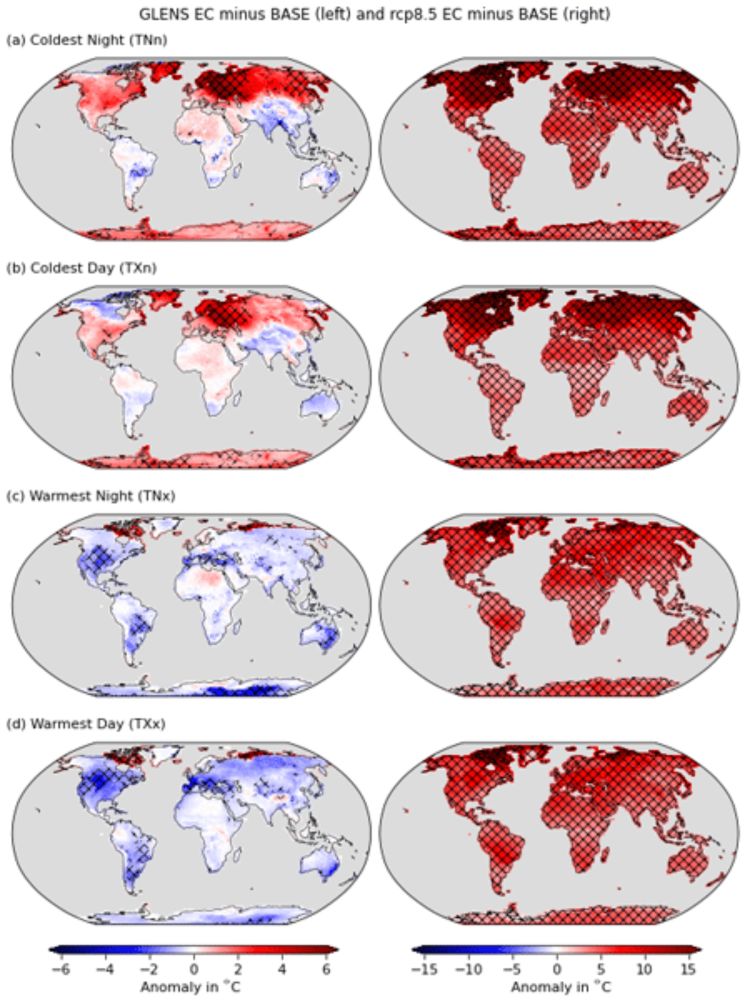

3) I wish more climate/ecologists/other scholars engaged with SAI more to broaden the field and *point out if such findings are wrong*
3) I wish more climate/ecologists/other scholars engaged with SAI more to broaden the field and *point out if such findings are wrong*
1) I don't think we should deploy, & I wrote against for-profit SAI in clear terms
2) I think it makes sense to study it, and think through what it would take to do SAI in a fair/just/responsible way. There are clear pathways in which it can be misused, and some...
1) I don't think we should deploy, & I wrote against for-profit SAI in clear terms
2) I think it makes sense to study it, and think through what it would take to do SAI in a fair/just/responsible way. There are clear pathways in which it can be misused, and some...

Models respond quite consistently on ICTZ shifts and P response depending on cross-hemispheric fluxes changes.
See also the new preprint we have with new simulations: egusphere.copernicus.org/preprints/20...

Models respond quite consistently on ICTZ shifts and P response depending on cross-hemispheric fluxes changes.
See also the new preprint we have with new simulations: egusphere.copernicus.org/preprints/20...


